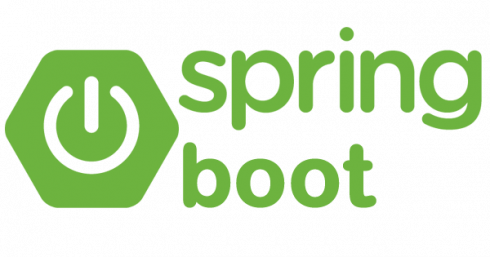
The 2.0 version of Spring Boot is now available. Spring Boot is a solution from Pivotal designed to help developers build production ready apps with minimal upfront configuration of Spring.
Version 2.0 was 17 months in the making and received input from more than 215 individuals. According to the company, the previous version was released almost four years ago, making this the first GA version that provides support for Spring Framework 5.0.
“Thanks again to everyone that has contributed to Spring and Spring Boot over the years!” said Phil Webb, co-creator of the Spring Boot project, in a blog post. “A special thank you also to the developers of the other projects in the Spring portfolio, without whom there would be no Spring Boot.”
The new release features enhancements to security and support for Kotlin. Key improvements of the release include:
Java 8 baseline and Java 9 support: Existing APIs have been updated in order to incorporate Java 8 features including default methods on interfaces, functional callbacks, and new APIs such as javax.time.
Third-party library upgrades: This version has dependency upgrades, which includes Tomcat 8.5, Flyway 5, Hibernate 5.2, and Thymeleaf 3.
Reactive web programming support: Spring Boot 2.0 supports reactive applications via auto-configuration and starter-POMs. Support includes Spring WebFlux. The embedded server support has also been updated.
Support for embedded Netty: Due to WebFlux not relying on Servlet APIs, there is now support for Netty as an embedded server for the first time.
HTTP/2 support: This depends on the chosen web server and the application environment. Support is provided for Tomcat, Undertow, and Jetty.
New actuator architecture: Actuator JSON now accurately reflects the underlying data. The endpoint annotation was developed to support Spring MVC, JMX, WebFlux, and Jersey.
Micrometer: The updated version no longer ships with its own metrics and are relying on micrometer. This provides support for dimensional metrics and allows efficient access to a named metric and can drill down across its dimensions. The metrics provide support for exporters including Atlas, Datadog, Ganglia, Graphite, Influx, JMX, New Relic, Prometheus, SignalFx, StatsD and Wavefront.






